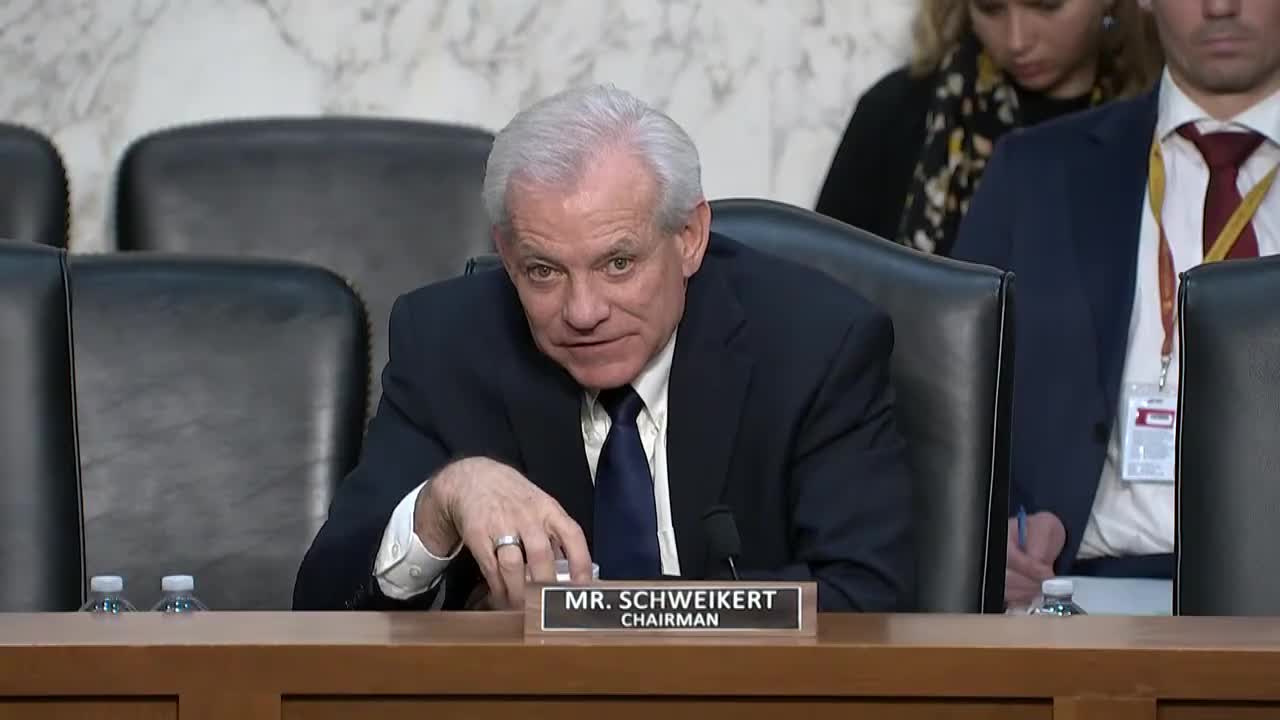Witness says INQ has 99.99% qubit fidelity and anticipates hybrid AI‑quantum workflows
Get AI-powered insights, summaries, and transcripts
Subscribe
Summary
An INQ representative told the panel the company has achieved 'four nines' qubit fidelity, is running cloud systems since 2020, and expects hybrid quantum‑classical workflows to reduce computation time for chemistry and genomics problems; witnesses emphasized energy efficiency advantages and long‑term timelines.
An INQ company representative told the committee the firm has achieved ‘‘four nines of fidelity, 99.99%,’’ and that its machines have been available in public cloud environments since 2020, which the witness said supports early production use cases.
‘‘As our machines get more powerful, we’re taking down more and more of the workflow,’’ the INQ representative said, citing partnerships with NVIDIA, AstraZeneca and cloud providers that have already reduced some classical computational workflows from a month to a day.
The witness argued quantum systems offer energy‑efficiency advantages over many classical AI approaches and said quantum processors will likely coexist with CPUs and GPUs for an extended period. ‘‘You’ll see hybrid workflows in the medium term,’’ the INQ representative said, adding that quantum processing units (QPUs) will address long‑horizon, energy‑intensive problems rather than microsecond turnaround tasks.
Panelists and the chairman discussed timelines and investment risk. The chairman asked whether large existing investments could be stranded by rapid advances; the INQ representative responded that specialization and hybrid architectures make wholesale stranding unlikely.
No independent validation of fidelity claims was provided on the record; the committee requested written follow‑ups to be submitted for the official hearing record.
